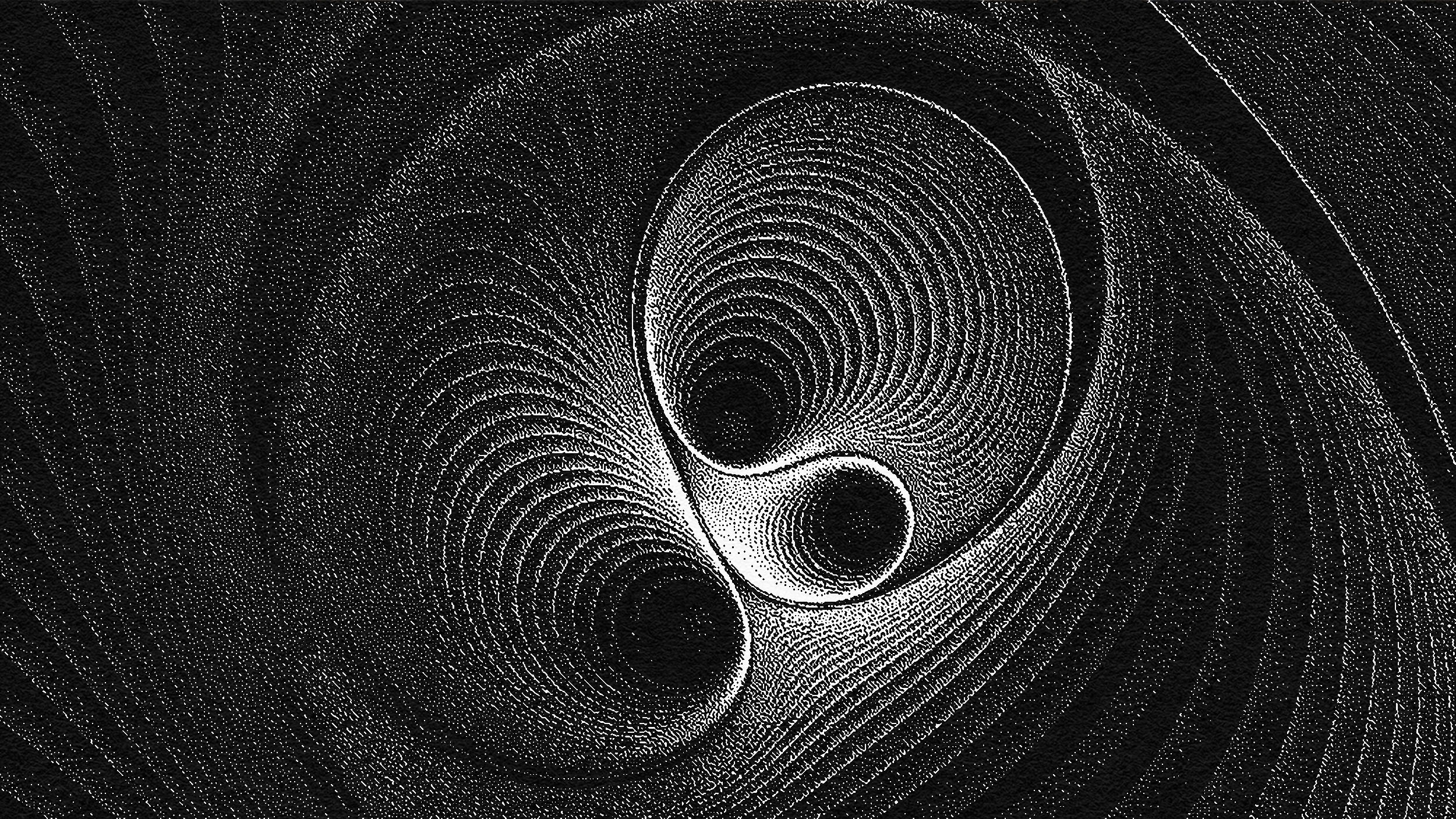Shmuley Boteach on religion for the modern world.
Question: What are the tenets of Judaism?
Shmuley Boteach: Well you know if I were to answer the question of what are the fundamental tenets of the Jewish faith, we could be here for 3,300 years because that’s how long the Jews have been here. That’s a long time. And there’s so many ways to approach it, but I would say the following.
Number one, as strange as it may sound, Judaism believes in the superiority of the feminine over the masculine. Meaning the world . . . The ancient world was a very masculine world. It was a masculine, aggressive world. It was about fighting, and emperors, and warriors, and who was special . . . . someone who triumphed over his fellow man. Along came Judaism that said first and foremost, we’re supposed . . . there’s equality between all people. We’re all equally God’s children. It’s he who can get along with his fellow man in a much more feminine way; in an open way; in a way where there’s an emotional bond instead of one of the master-slave relationship. “Who’s really special?” Judaism also said that peace was superior to war. Again, the triumph of more feminine over masculine values. I mean for thousands of years, wives have been saying to their husbands, “You have healthy kids.” You know, “Why are you so depressed that you don’t have more money, that you’re not successful in the battlegrounds of the markets?” And men have continued to define themselves by what they earn, by what they conquer, that hunter-gatherer mentality. Judaism says, on the contrary, that real life is about virtue. It’s about connection. It’s about family. It’s about bonding.
Topic: Tikkun olam.
Shmuley Boteach: Another very important tenet of the Jewish faith is the belief that we can make the world better. You know so many other religions are about making . . . about getting into heaven. They’re about achieving personal salvation. If you believe in Jesus, you’re going to heaven. If you’re . . . Many Muslims believe if they do X, Y, and Z they’re going to get into heaven. I’m sure they’re right, and God bless them. I hope to meet them in heaven. Or maybe they’ll at least visit me in hell; but Judaism doesn’t ask questions like that. We really don’t care where we’re going. And virtually everything about Judaism is making this world better, whether it’s the kosher laws . . . You know God allows us to take animal life in order to sustain ourselves. You know we need protein, etc., but God says you must do this in the most humane possible way. Kosher meat is slaughtered in a way that causes no pain to the animal. Kosher animals are all herbivores. They’re not omnivores. They’re . . . they’re animals that have split hoofs and chew their cud, meaning they don’t have paws. They’re not predators. They can’t chase other animals. Everything that we do we try to bring peace into what we’re doing. That’s what the idea of the Sabbath is, another fundamental tenet of the Jewish faith. We don’t work on the Sabbath. I mean there has to be some peace in your life. For six days of the week we master our environment. And for one of those . . . on the seventh day we allow the environment to master us, as it were. We become one with the universe. We don’t just seek to exploit, to conquer, to destroy. We seek to be at peace, to be at rest, and to connect.
Topic: Prayer
Shmuley Boteach: Prayer is a fundamental tenet of the Jewish faith . . . brining God into your life. I mean after all, the centerpiece of Judaism is God. The greatest Jewish contribution to the world is God. Prior to Judaism there was Paganism. And there were many gods, and there were . . . The gods were even a bit silly. They fornicated. They had kids. They came in different guises. They seduced women. I mean would you worship someone like that? Go to a nightclub. You’d find plenty of gods like that. But the Jews gave the world this idea of a disembodied God who was equally the God of men and women because he wasn’t just male and he wasn’t female. He wasn’t _________. He wasn’t Aphrodite. God had no gender. God had no race. He was equally the God . . . He had no ethnicity.
Topic: The value of the intangible.
Shmuley Boteach: Another fundamental idea of the Jewish faith, which was it’s those things in life which you cannot hold, which you cannot see, which you cannot smell – those things that are intangible – that are actually the most precious, like love. No one’s ever seen love. No one’s ever touched love. I mean one of the fundamental rules of our society is specifically those things that are hard that you can own, like property, money, cars that are valuable; but Judaism says it’s God, and love, and virtue. Those are the things that are the most special.
Recorded on: 09/05/2007





